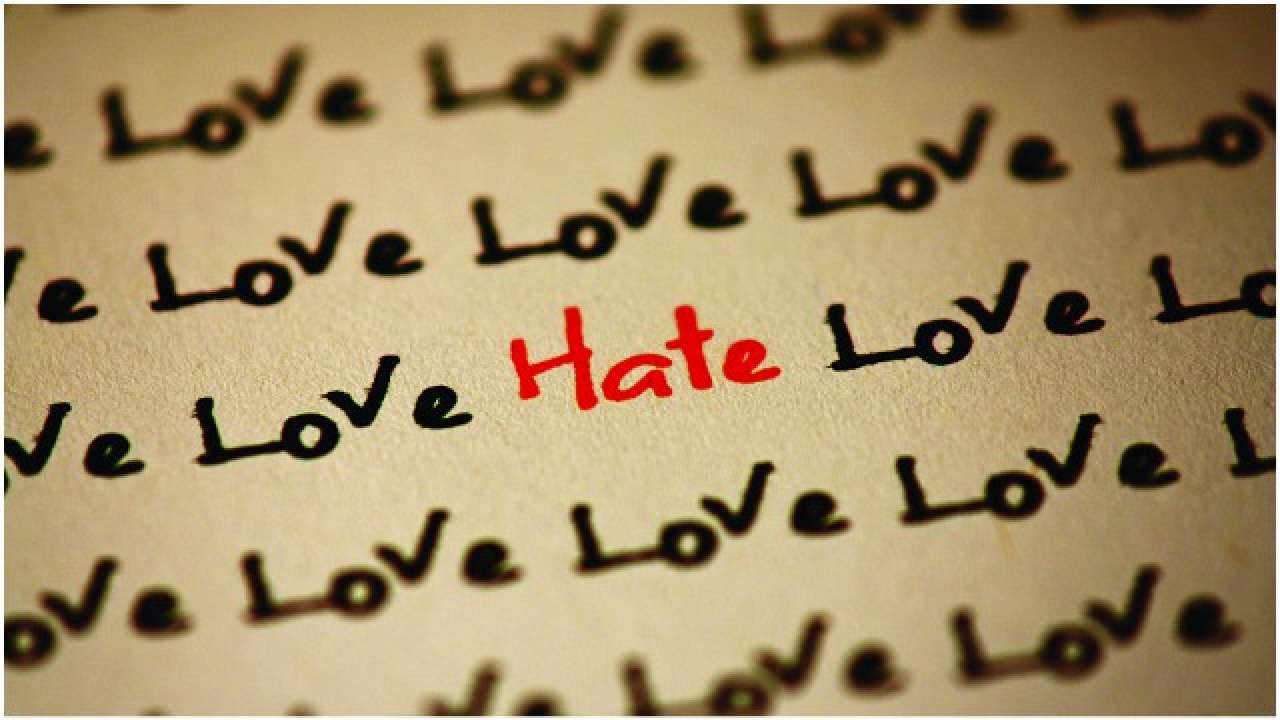
I spent last week in social media company of extremely articulate dog "lovers", who were kind enough to suggest that I was a monster who should be starved and killed, merely because I had dared to initiate a debate on violation of Animal Welfare Board of India guidelines.
The guidelines advise stray dog care-givers not to feed street dogs close to others' residences, avoid feeding street dogs immediately adjacent to children play area or crowded places including where people walk besides keeping sterilisation and vaccination status of dogs they feed.
While the debate raging on my Facebook wall is now reduced to finding out suitable means to terminate my existence from the planet, what struck me hard was a strange dichotomy here. The pack baying for my blood is actually made of people who have committed their life for an extremely empathetic act of love.
So, what made this extreme hate and love to co-exist inside one brain? The scary answer now emerging is, love is the real reason of all the hate around us.
Oxytocin is a hormone fondly known as "cuddle chemical" because of the pleasurable sensations induced by it that brain uses as a reward for strengthening bond between humans. It not only drives mother-child and husband-wife bonds, but is also just as important for any form of human relationship that we enjoy. So, for all the love we feel and see around us is, we should thank this wonderful hormone.
Unfortunately, though oxytocin initially got celebrated for all the good things it gave us, science is now finding it to play a dark and sinister role, in which hides the engine that powered all the hate I am receiving from kind-hearted dog-lovers.
Science has found that oxytocin induces love, but is limited to "inter-group" and is dual in nature. For example, it leads a mother to be extremely protective towards the child but equally aggressive towards any threat she perceives. So, oxytocin is a very powerful love hormone for the inter-group relationship, but an equally strong hate hormone for those who don't belong.
Scientists have now found that the dual nature of oxytocin is likely to be the root cause of all the conflicts we see around us. From racial violence to aggressive responses to any disagreeable opinion, oxytocin is the likely driver of hate across the planet.
But, why did something so wonderful as love has also gifted us with hate? The possible answer is alarming.
Oxytocin may have started misfiring because of emergence of a completely new social dynamic of global connect. We need to understand that we are apes who lived in small clans and groups. The inter-group nature of oxytocin has evolved in alignment of the scale of human societies.
In a past as recent as couple of hundred years, our brain rarely faced the need to encounter "out-group" strangers. And, as apes living in resource crunch, the extreme aggression towards out-group would be a very useful trait to have. So, it is our not-too-ancient lifestyle that may have evolved and consolidated duality of oxytocin expression.
Unfortunately for us, today we live in a world where interacting with 'out-group' is a constant demand. With social media breaking all boundaries, we are thrown into a world full of out-group strangers and disagreeable opinions. The net result is a chaos of conflicts that is raging around us.
So, if we wish to peacefully co-exist with each other on this small interconnected planet, we will need to rationalise our love. It may be a great loss, but only way to reduce hate would be to let go of madness of love.